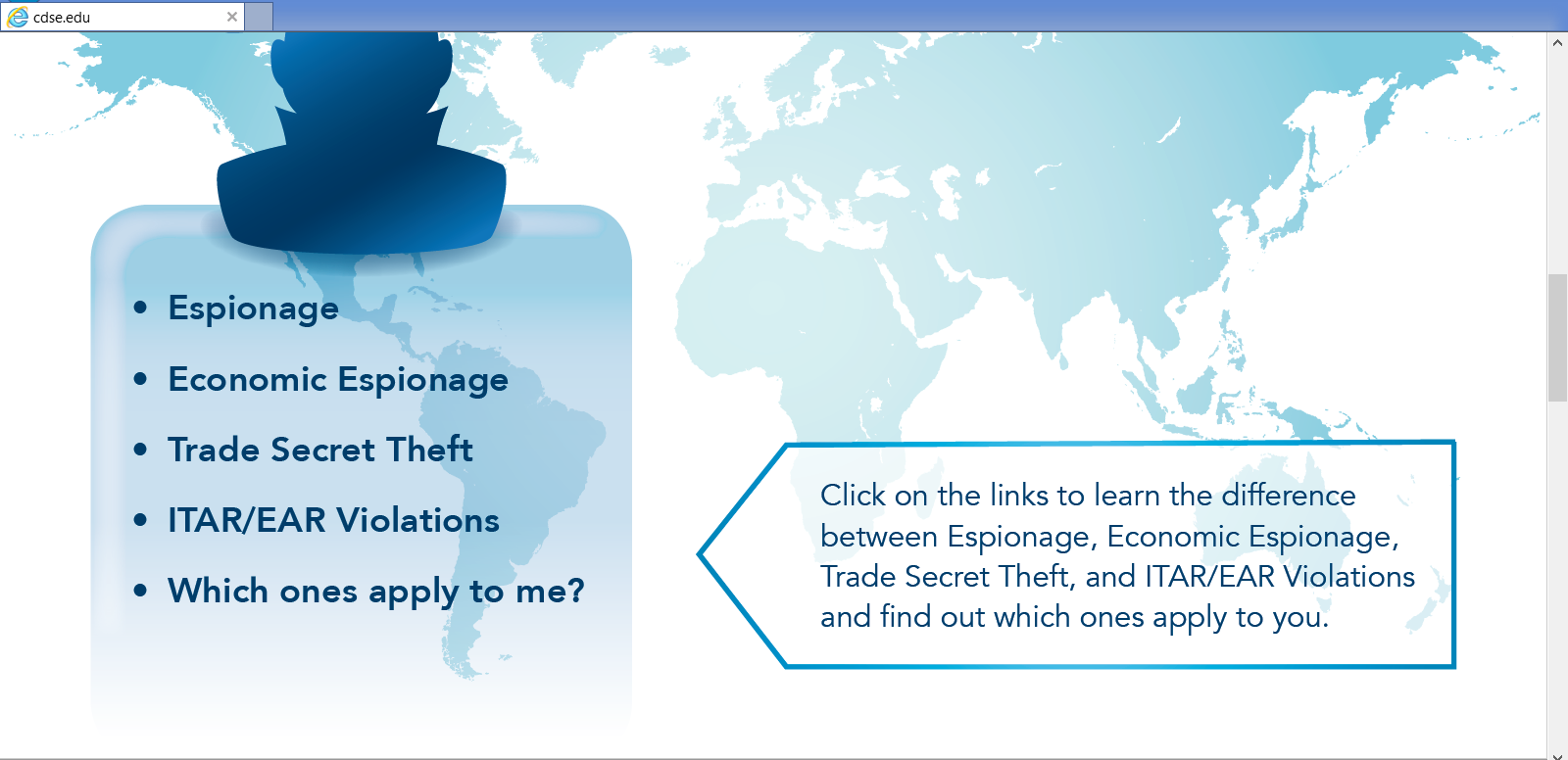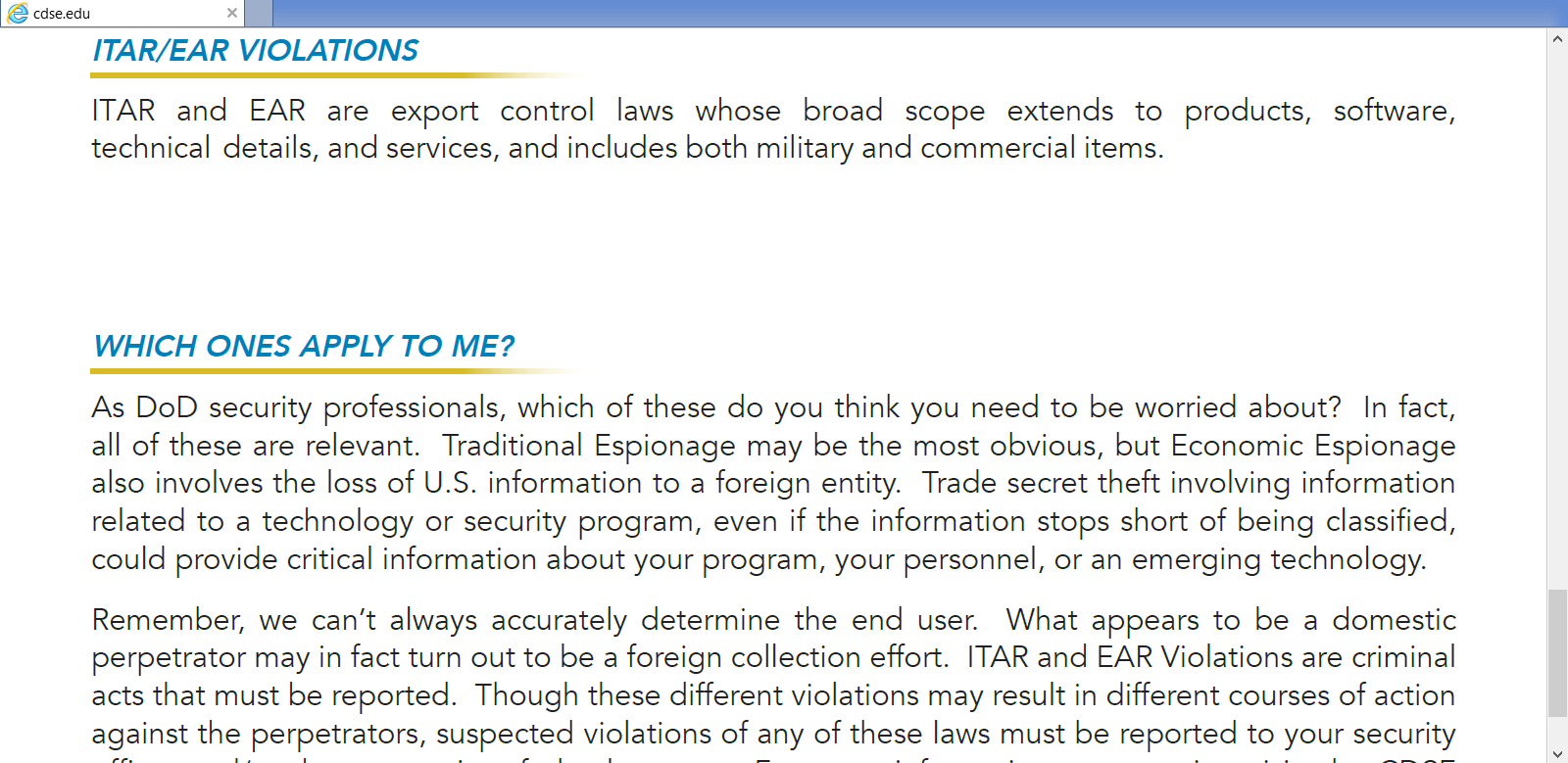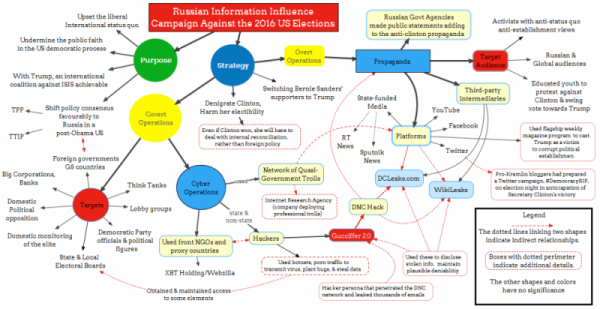Primer: It is Qatar that received the Taliban commanders previously in prison at Gitmo under Obama. It is Qatar that presently has a Taliban diplomatic post as the United States is in talks for some kind of peace in Afghanistan. It is al Thani whose son graduated from West Point. It is Qatar that many of the Gulf nations are at odds with due to Qatar’s support for the Muslim Brotherhood and jihad networks. It is Qatar that hosts a major U.S. military base, al Udeid.
The Trump administration hopes to restore a degree of normalcy to Qatar’s relationship with its neighbors after Saudi Arabia, the United Arab Emirates, Bahrain and Egypt instigated a month’s long blockade and embargo against the Gulf sheikhdom in June. Both Qatar and the UAE have spent millions of dollars in recent years on rival lobbying campaigns, according to a review of lobbying records.
So, what about Senator Menendez? Well….
Senator Bob Menendez (D., N.J.) hired a longtime aide and lobbyist for the Qatari government to chair his reelection campaign, the Philadelphia Inquirer reported Friday.
Michael Soliman has lobbied Menendez, the top Democrat on the Foreign Relations Committee, and other lawmakers on behalf of the Qatari government since 2015.
While the arrangement is strictly legal, ethics experts told the Inquirer that it might constitute a conflict of interest.
“There is a blurring of lines between responsibility to the candidate and responsibility to their client,” said Meredith McGehee of the Campaign Legal Center, a nonprofit watchdog in Washington. “Very little of that is a responsibility to the public.”
In a statement to the Inquirer, Soliman said his lobbying work had “always been fully transparent, above board and properly disclosed.” After receiving inquiries from other publications, Soliman said that “out of an overabundance of caution,” he would not “directly or indirectly lobby the senator or his staff on behalf of any client for the duration of the campaign.”
Menendez was indicted on corruption charges in 2015 in connection with his relationship to a wealthy Florida doctor who procured lavish gifts and vacations for the lawmaker in exchange for help navigating regulatory obstacles in his health-care business. Menendez was ultimately acquitted in January by a hung jury that found he did not perform any “official acts” for material benefit. But the Senate Ethics Committee reprimanded Menendez, writing that he “risked undermining the public’s confidence in the Senate,” in an April letter sent after the Department of Justice had dropped all charges.
CommentsMenendez has paid Soliman’s consulting firm $105,000 since 2015, but a spokesman for his campaign denied any allegations of impropriety.
Soliman has been a “trusted political advisor to the Senator for more than a decade, but neither he, nor any lobbyist, has influenced how the Senator speaks to representatives of any government in advocating for the foreign policy and national security interests of both the United States and our allies,” said Steve Sandberg, a spokesperson for the Menendez campaign.
Part of Michael’s resume includes:
Strategic advisor to Congressman-elect Josh Gottheimer’s successful campaign against a 14 year incumbent
Lead strategist for U.S. Senator Cory Booker’s successful 2014 Senate campaign
Served as Senator Robert Menendez’s State Director and New Jersey Chief of Staff since 2007
Managed Senator Menendez’s successful re-election campaign in 2012
District Director for U.S. Congressman Steve Rothman
Advised the campaigns of the late Senator Frank Lautenberg, former Governor Jon Corzine, and Congressman Bill Pascrell
Worked on campaigns of various Democratic officials, including Mayor Glenn Cunningham of Jersey City and State Senator Bob Gordon
Frequent guest lecturer at academic institutions including St. Peter’s University and the Rebovich Institute for New Jersey Politics
Appeared on the PolitickerNJ Power List for the past 9 years
Selected as an influencer by Campaigns & Elections Magazine
St. Peter’s University, Political Science (BA)
Bloustein School at Rutgers University (MPP)
Mercury, a high-stakes public strategy firm, continues to expand nationwide and across the globe, most recently through the addition of offices in London and Mexico City. In addition to Soliman, Mercury’s New Jersey office is led by DuHaime, Chris Christie’s top political adviser. Mo Butler, who served as chief of staff in New Jersey to U.S. Sen. Cory Booker, joined the firm.









